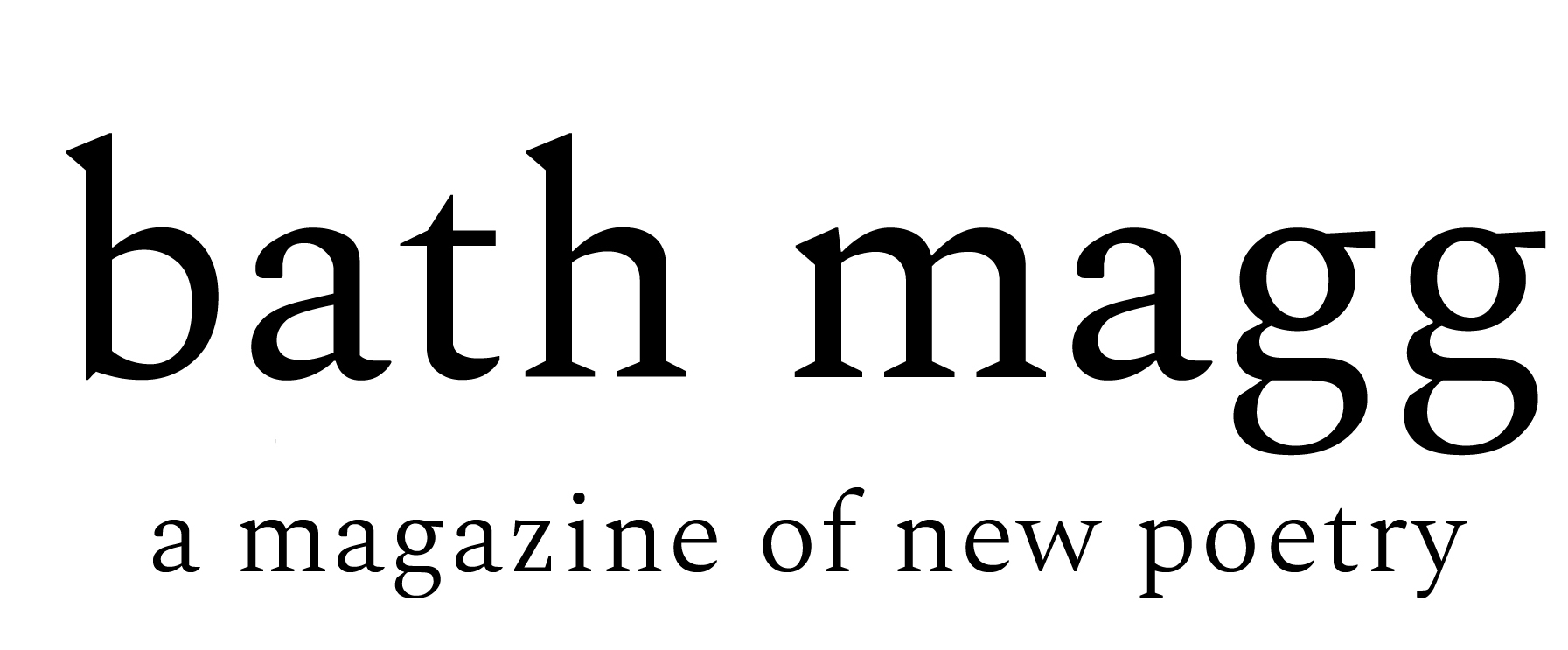Editorial #7
Earlier this year, I found a blank notebook in my room and decided to start writing a diary. I divided each page into four-line sections and in each section I would write about anything notable that happened during the day. The four lines meant that each day had to be summarised in no more than three or four short sentences. Since then, some days have remained blank. Others briefly detail where I’ve been, who I’ve seen, what I’ve done, and sometimes there might be a quote of something memorable I’ve heard. I started doing this because I don’t really like taking pictures and I thought this could be a little record of my life, something that I could look back on once in a while to help me remember days lived.
Quite a few of my friends and family enjoy taking pictures, either to commemorate a special moment or just because they feel like it. Both the pictures they take and the lines I jot down in my diary are, by varying definitions, snapshots. It is always interesting when I study the two side-by-side, identifying what each medium has captured. More often than not the settings will be identical in each, but even then, the photo might capture the light in a way my words aren’t able to. Then there are times where in my version of the day there are six characters, whereas at the moment the photo was taken two of the characters have quietly snuck off somewhere. There are times when I look at photos and I struggle to find anything resembling the days in my diary.
When I think of certain terms we use in poetry—narrative or authenticity or, heaven forbid, truth—I go back to the difference between my diary and other people’s photos. I realise that nothing can ever be truly definitive. I don’t want to get too ~philosophy~, so instead, I will quote Raymond Antrobus, our feature poet for Issue 7: ‘I am still trying to align myself with what my own questions are and how I reconcile some of the contradictions of myself. Because the more I lean into that the more I realise how absurd it is to have any idea of purity or any idea of being just one thing.’
Poetry creates the space for contradiction—for multiple narratives, authenticities, and truths. A site where we each have our own mediums.
In Antrobus’ forthcoming collection, All The Names Given, he expands the possibilities of the mediums that we, as writers, use. ‘I never wanted to speak about sound, in any poem, that took hearing for granted,’ he says in our interview. ‘Language Signs’, one of three poems from the collection featured in this issue, presents the indelible image of the speaker communicating with his grandfather through means that question what it means to understand, to hear:
you pointed at your white hair and your lips and then
at the ceiling of your church as if it were the roof
of your own mouth, and I understood as much as the stone
plaques on the walls or the pews which were wood,
a word that once meant tree.
The speaker’s sense of the world is not one defined by limitation, rather it highlights an ability to reframe understanding so that it is more abstract and accessible. Often labels or identities attached to us serve to remind us of what we cannot do, here we find an opening.
bath magg 7 opens for you.
Helen Mort, in ‘Condition’, speaks of ‘the thousand ways / the throat can open.’
The late John Ashbery identifies the inherent contradictions of perspective, writing: ‘We were all pretty much dispatched to our different sectors when the truth happened’.
In an excerpt from Sandeep Parmar’s Faust, we find a child ‘whose name is abundance’, a constant pouring out of and into.
Whilst in Padraig Regan’s brilliant ‘Poem for my Chest’, the speaker proclaims: ‘In fact, I almost never think / about whatever lack // I carry there’.
bath magg 7 revels in its many mediums and multiplicities. I make no claim that everything is in these poems, just as not everything is in my diary entries or in a photo. Instead, I say that these poems do not lack.
Going back to ‘Language Signs’, the speaker ends, saying to the men that have raised him, ‘Cut the hedges on your face so I can read your lips.’ The hedges have been cut. I hope you enjoy reading these poems.
Gboyega Odubanjo, on behalf of the editorial team
